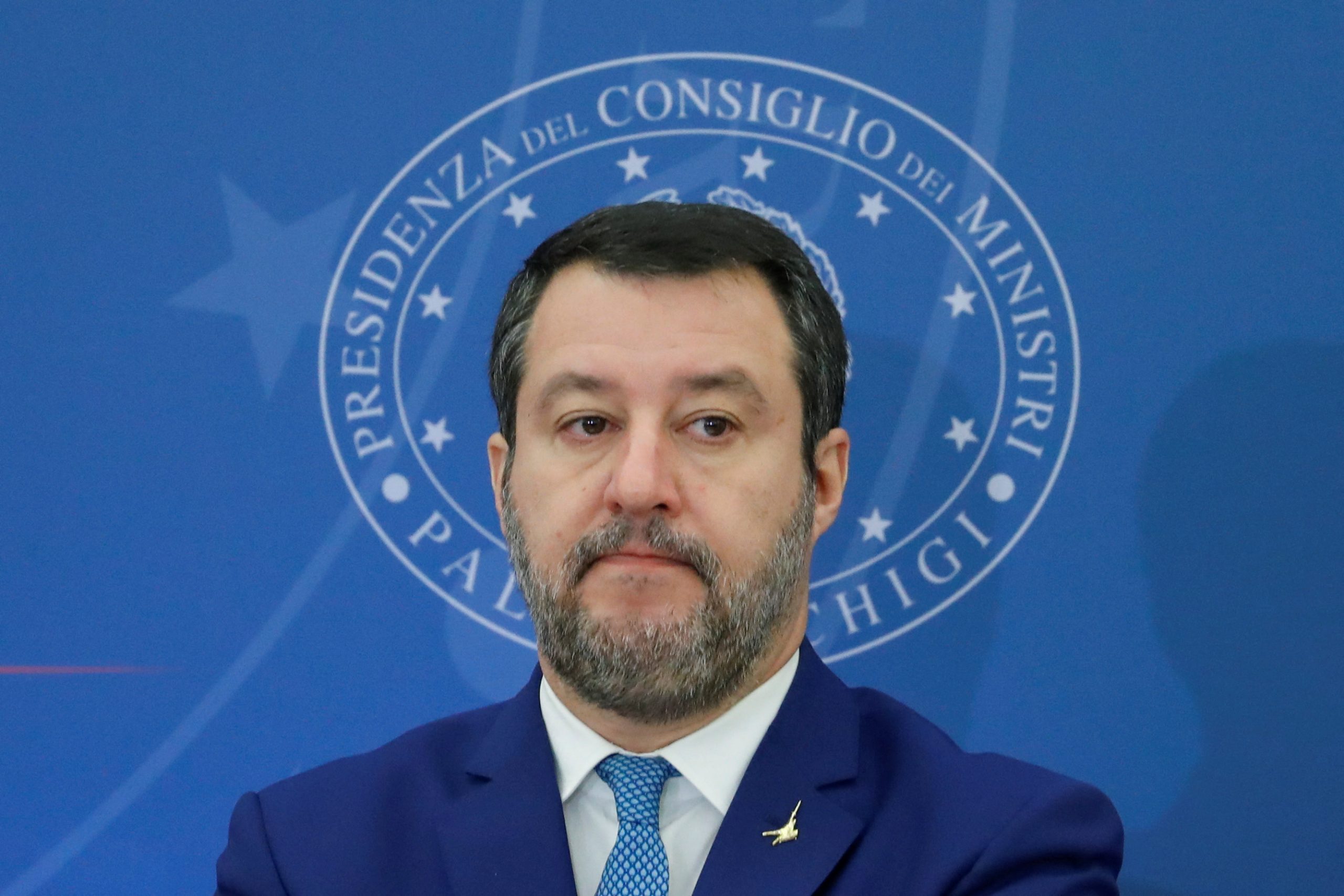
Italian regulator’s ban on ChatGPT is criticized
Italy’s ban on ChatGPT, a form of conversational artificial intelligence (AI), created substantial controversy within the tech industry and the country. The Italian Deputy Prime Minister also criticized the ban for being too harsh.
Microsoft-backed OpenAI took ChatGPT offline in Italy on March 31 in response to concerns expressed by the national data agency regarding suspected privacy violations and the failure to verify the age of users. This move by the independent agency was the first time a Western nation took action against the AI chatbot.
Matteo Salvini, the Italian Deputy Prime Minister, turned to Instagram to express his opinion: “I find the ruling of the Privacy Watchdog that ordered #ChatGPT to restrict access from Italy to be unfair.”
Salvini stated that the regulator’s action was hypocritical because there are dozens of artificial intelligence-based applications, such as Bing’s chat. Salvini stated that common sense was required because “privacy concerns affect virtually all online activities.”
Salvini stated that the ChatGPT ban might affect national enterprise and creativity, adding that he hoped a quick solution would be found and the chatbot’s access to Italy would be restored.
“Each technology revolution is accompanied by substantial changes, hazards, and opportunities.” Controlling and regulating through international cooperation between regulators and lawmakers is appropriate, but it cannot be prevented, he said.
Ron Moscona, a partner at the international law firm Dorsey & Whitney and an expert in technology and data privacy, voiced opposition to the prohibition. It is uncommon for regulators to entirely restrict a service due to a data breach, according to him, so the Italian ban comes as a surprise.
OpenAI has stopped ChatGPT for Italian users after receiving a request from authorities. The corporation maintained, however, that it adheres to European privacy standards and is eager to collaborate with Italy’s privacy regulatory authority.
OpenAI asserts that it minimizes personal data when training its AI systems, including ChatGPT, because the AI’s mission is to learn about the environment, not collect information about specific individuals.
The AI chatbot is also being evaluated in other global regions. The Center for Artificial Intelligence and Digital Policy (CAIDP) filed a complaint against ChatGPT on March 31 with the intent of preventing the public deployment of powerful AI systems.
The CAIDP described the chatbot as a “biased” and “deceptive” platform that endangers public safety and privacy.
